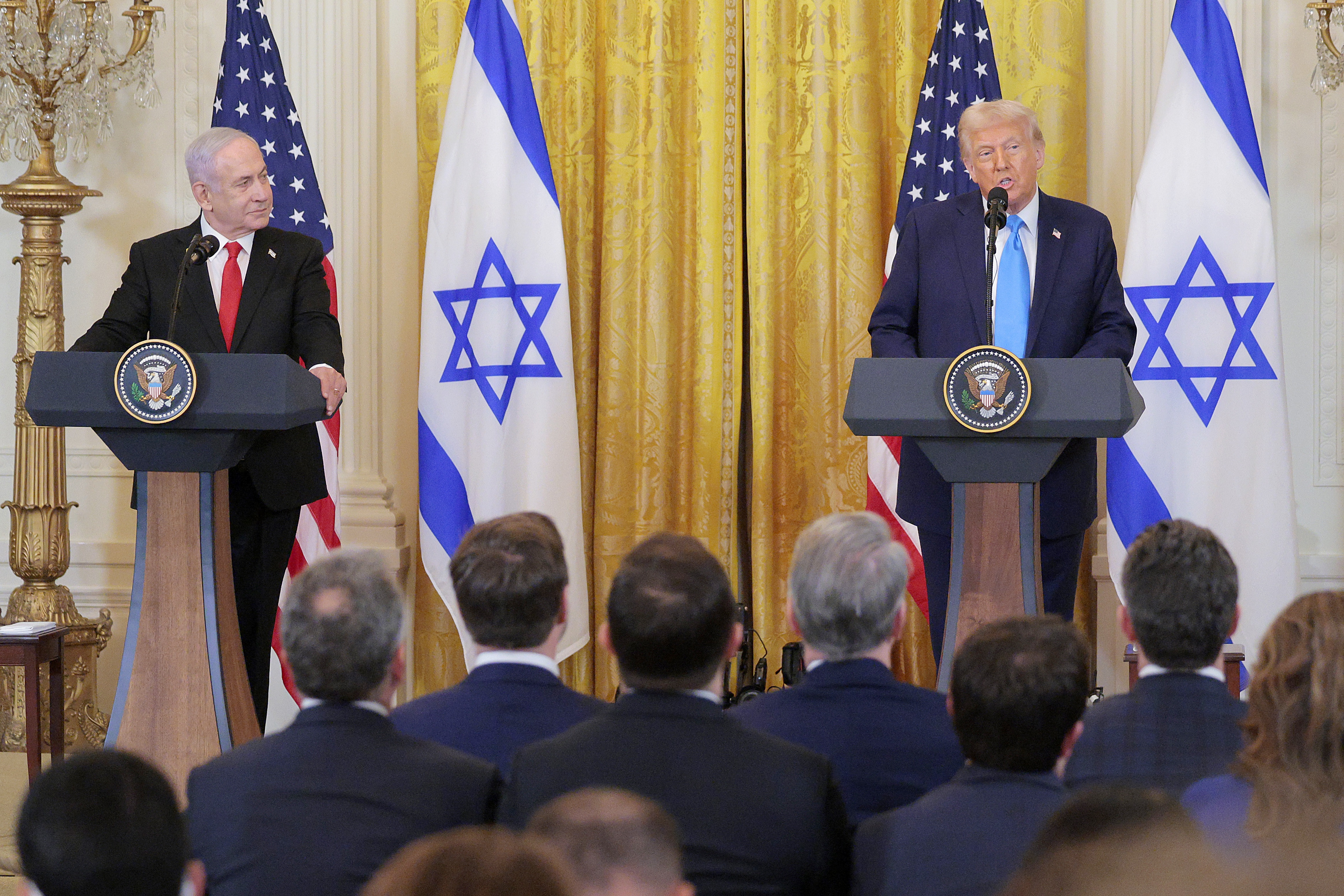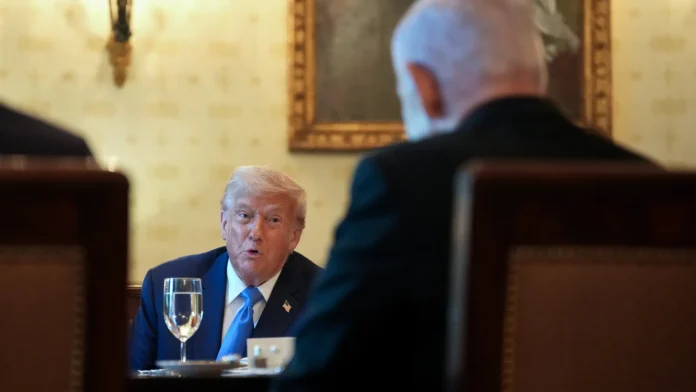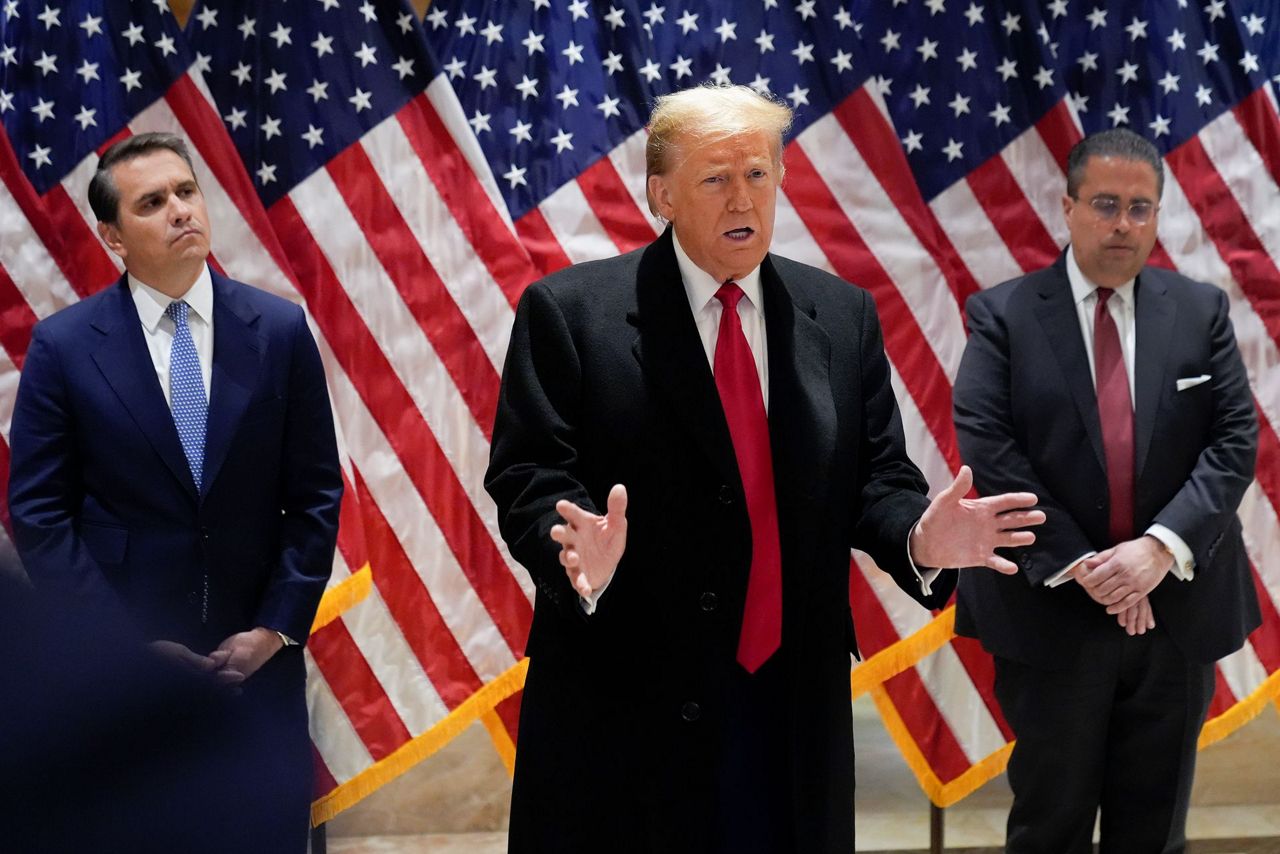Breakdown of Negotiations
U.S. envoys arrived in Doha with aims to win a ceasefire and free hostages in Gaza, but they found little room for agreement. Hamas offered terms that envoys saw as too narrow to end the fighting. The discussions stalled as both sides stood firm in their demands.
The negotiators spent days in talks sponsored by Qatar and Egypt, but progress remained out of reach. Reports say Hamas did not make concrete moves on hostage release, and Israel would not lift its military pressure without clear guarantees. When it became clear that no deal would emerge, the U.S. teams decided to leave.
U.S. Envoys Depart Qatar
Steve Witkoff, who led the American group, said he thanked our hosts for their help but did not hide his frustration. He said Hamas showed no real will to free captives or stop rocket fire. Shortly after his remarks, the U.S. delegation boarded flights back home.
At home, President Trump framed the pullout as proof that diplomacy had failed. He said U.S. policy must now back stronger moves. White House officials began to talk of other tools to secure hostage releases and push back against the militant group in Gaza.
Israel Reconsiders Its Position

Israel’s team also left the negotiating table after rejecting the latest Hamas reply. Prime Minister Netanyahu said Israel would not put its troops at risk for a deal that could leave Hamas armed. He praised U.S. support and vowed to protect citizens.
Behind the scenes, Israel’s leaders weighed new options to bring home soldiers and civilians held in Gaza. Some ministers spoke of stepped up air strikes, while others pushed to tighten the blockade. Even as they talked security, they faced pressure to avoid high civilian costs.
Trump’s Direct Message
On Friday, Trump phoned Netanyahu and urged him to press the military edge. He said that after years of conflict, Israel must finish the mission and break Hamas’s hold on Gaza. He told reporters that once hostage leverage ends, Hamas fighters would face a full hunt.
The president argued that militants had used captives as a shield to save their own ranks. He voiced belief that once this shield fell, Israel could clear out the threat. His comments signaled a clear shift from talks to action.
Conditions for Gaza Civilians
Humanitarian groups warn of a crisis in Gaza as fighting intensifies. The World Health Organization said a “man made crisis” of hunger and disease now grips the region. Hospitals report shortages of water and medicine.
Witnesses describe families trapped in rubble with little hope of aid. Food deliveries face blockades and fuel shortages keep generators dark. Children go to bed hungry and parents fear for their lives.
Wider Regional Repercussions
News of talks ending set off protests in capitals across the Middle East. Crowds gathered to demand an end to military action and to call for more aid to Gaza. Some governments issued statements of concern, while others backed Israel’s right to self defense.
Analysts say this wave of unrest could complicate relations among neighbors and test alliances. Tensions may rise at border crossings and inside refugee camps. Leaders will need to watch these developments closely to avoid flare ups.
Hostage Exchange Framework
Before talks fell apart, Hamas had offered a three stage plan for swapping captives and prisoners. The first phase would free women and children in exchange for jailed Palestinians. Israel signaled it could meet that step if hostages were released quickly.
The second phase called for a truce and Israeli troop pull back, but Israel saw no guarantee it would hold. Hamas tied its final phase to long term aid and rebuilding of Gaza under outside oversight. That part proved a deal breaker.
Alternative Plans Under Review
With talks deadlocked, U.S. and Israeli leaders now talk of new paths to free hostages. Some propose covert rescue missions, others suggest targeted strikes to pressure Hamas. Each plan carries risks for civilians and captives alike.
Military planners weigh the chance of success against the threat of wider war. Diplomats say they will keep open backchannels in case Hamas changes course. All sides face a race against time as conditions worsen in Gaza.
Looking Ahead
As diplomats regroup, the window for a deal may close soon under military pressure. If fresh talks resume, they will need new mediators and firmer guarantees. If not, Gaza’s civilians may bear the worst of an expanded campaign.
The fate of hostages and the well being of families in Gaza call for urgent action on relief and rescue. The world will watch how U.S. and Israeli leaders manage their next moves under rising regional strains.


